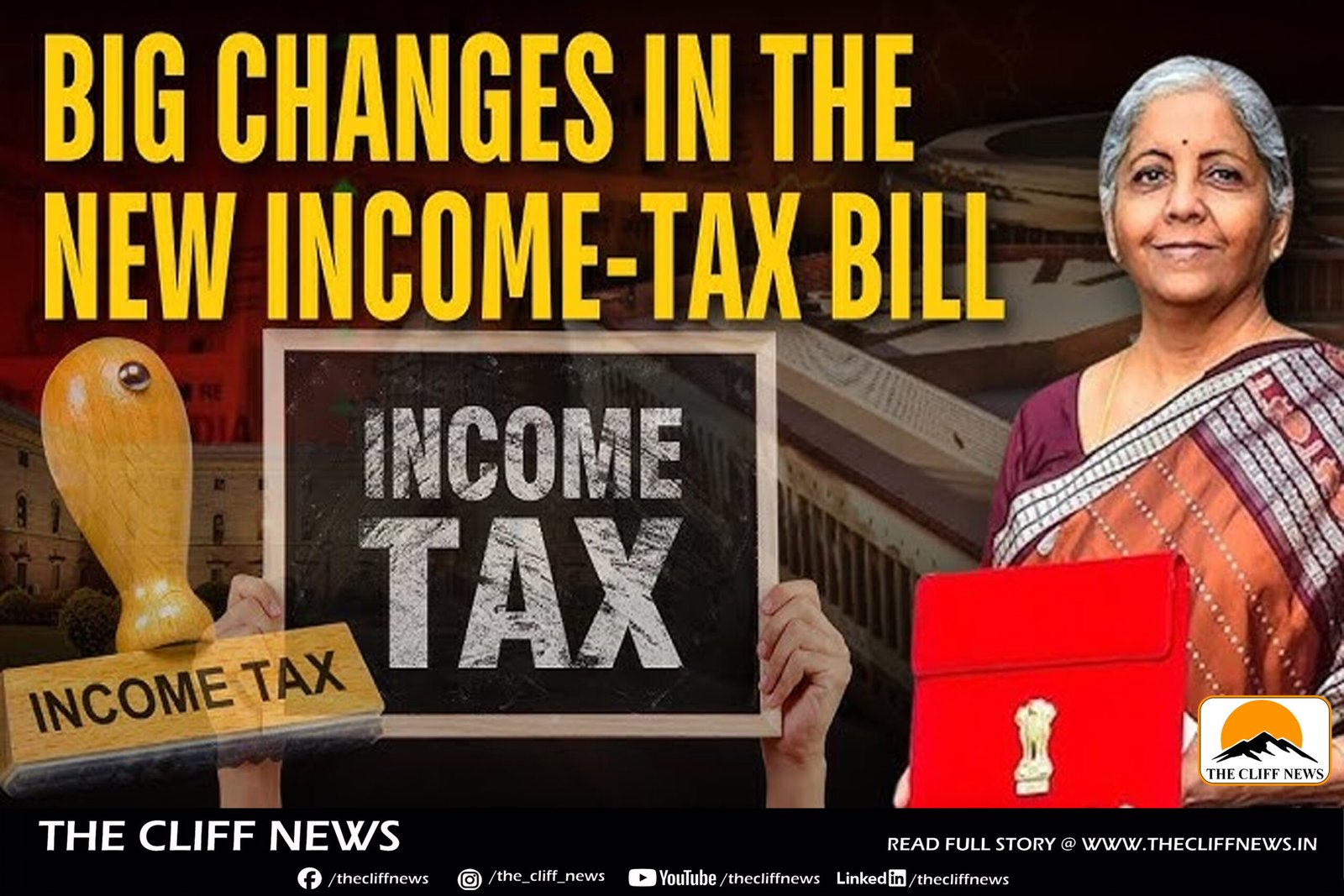On Tuesday, August 12, 2025, Parliament approved the Income Tax Bill, 2025, replacing the 64-year-old Income Tax Act, 1961. The new law, set to take effect from April 1, 2026, aims to simplify India’s direct tax framework without altering tax rates.
Presenting the Bill in the Rajya Sabha, Finance Minister Nirmala Sitharaman said it streamlines the law by reducing Sections from 819 to 536, chapters from 47 to 23, and total words from 5.12 lakh to 2.6 lakh. The law introduces 39 new tables and 40 formulas, replacing dense legal text to improve clarity.
“This leaner and more focused law is designed to make it easy to read, understand, and implement,” Sitharaman stated, emphasising that the reform does not impose any new taxes and follows PM Modi’s directive to avoid increasing citizens’ tax burdens.
The Bill was passed in the absence of the Opposition, which had staged a walkout demanding a discussion on Bihar’s voter list revision. Sitharaman criticised their absence, noting that the Opposition had earlier agreed to a 16-hour debate in each House.
Drafted in a record six months and requiring nearly 75,000 person-hours of work, the Bill will be accompanied by simplified rules, FAQs, and an information memorandum. The Income Tax department’s IT systems will be upgraded to implement the changes.
The Taxation Laws (Amendment) Bill, 2025 was also passed, amending search-related block assessments, extending certain direct tax benefits to Saudi Arabia’s public investment funds, and aligning Unified Pension Scheme (UPS) benefits with those of the New Pension Scheme (NPS).



